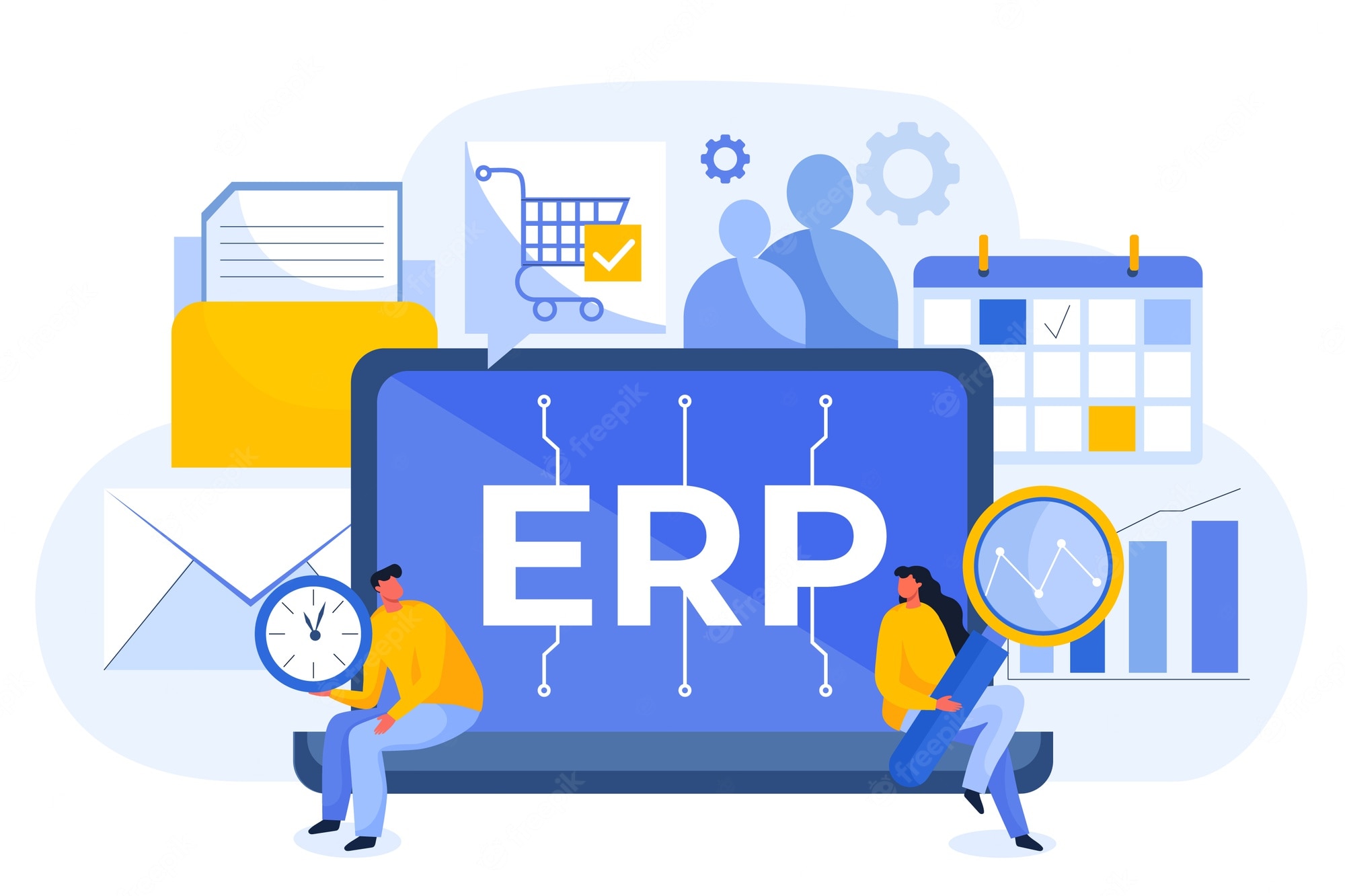
ERP is an acronym that stands for enterprise resource planning (ERP). It’s a business process management software that manages and integrates a company’s financials, supply chain, operations, reporting, manufacturing, and human resource activities. Most companies have some form of finance and operational system in place but most of the software that’s out there can’t go beyond everyday business processes or help with future business growth.
As company’s needs change and they expand, their systems should keep up with them. We’ll define what ERP is and why it’s smart to have software in place that keeps up with your business needs.
In the past, businesses had some sort of accounting, finance, or HR process but the software systems they had often worked separately and didn’t talk or work with one another. What makes modern ERP software different is that it brings all these different processes to the table to collaborate and create one fluid system.
Current solutions also allow each department to see what the other is doing. The result is that accounting and HR can easily collaborate with sales and customer relationships.
While there’s no all-up solution software for every business processes, ERP technology is getting better and better at bringing all your business processes together to improve collaboration, help your company make data-driven decisions, and advance business productivity.
ERP can cover a lot of company functions, but some of the main business processes include:
Despite all the options out there, some companies are still hesitant about ERP. There could be many reasons why, but where there’s a fear, there’s a solution.
New advancements in ERP technology can put you ahead of the competition. Not only do they help you enhance employee performance, but also offer opportunities for better customer engagement.
One of the ways you can take advantage of these advancements is by implementing intelligent business applications that let you: